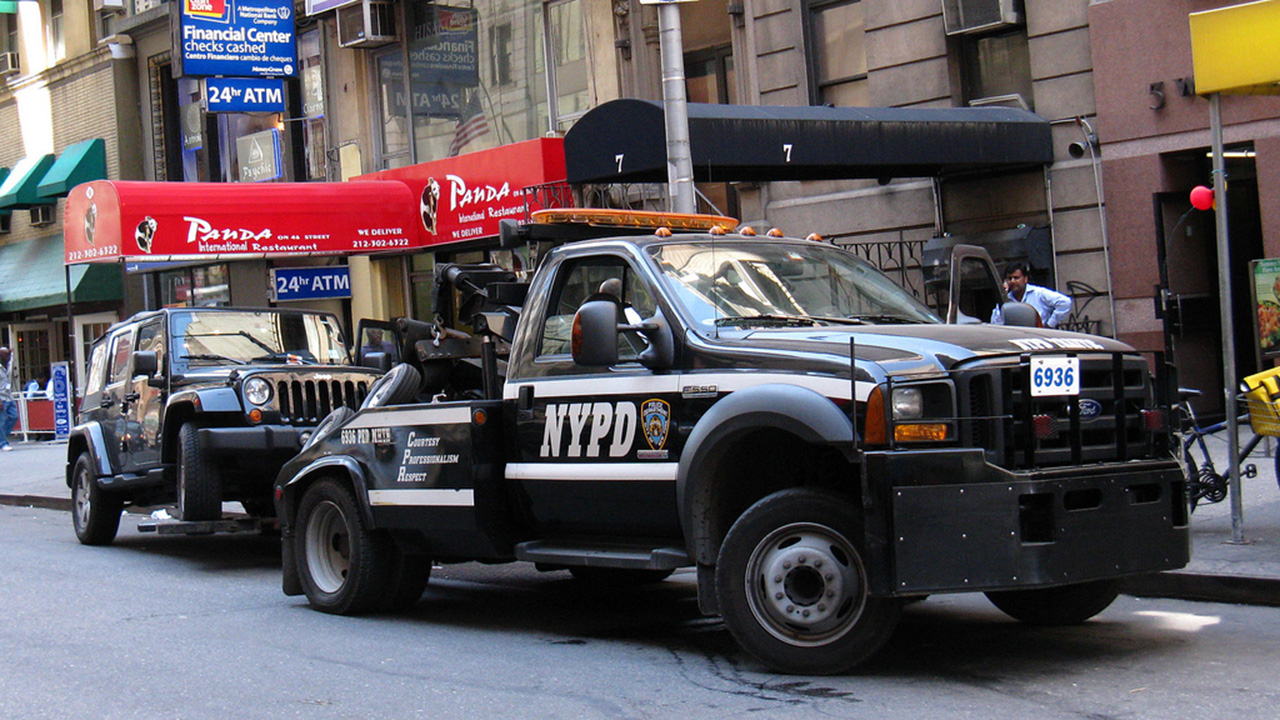The NYPD’s slowdown, which has resulted in a more than 90% drop in summonses for low-level offenses and parking tickets from this time last year, is costing the city $10 million dollars in revenue a week. Though NYPD union heads deny that the slowdown is related to the NYPD’s ongoing clash with Mayor Bill de Blasio, police activity has dropped dramatically in the weeks that law enforcement officials began to criticize the mayor.
At the surface, the loss of revenue sounds like a bad thing for the city. But the effects may actually be a boon for New Yorkers — particularly for people of color, who critics argue are disproportionately targeted for low-level crimes. New York hasn’t seen an uptick in serious crime since the slowdown, putting into question the effectiveness of the Broken Windows methodology for policing of low-level offenses. And according to experts, the loss of revenue is just a fraction of the city’s annual budget. From the New York Post:
“While losing $10-$11 million in a week is real money, in the context of the city’s $77 billion annual budget it’s a very small amount,” said Doug Turetsky, of the Independent Budget Office. “But if the losses continue over weeks and months, the effect on the budget becomes more substantial.”
If the slowdown were to exist as is for a full year, the resulting forfeiture of $520 million per year is just a fraction of one percent of the city’s budget. And, while it doesn’t put much of a dent into the city’s finances, it relieves a heavy financial burden from poorer communities. The Washington Post‘s Jonathan Blanks argues that the slowdown is economically good for New Yorkers:
Still, it’s a good reminder that too often, cities rely on parking and traffic tickets for their revenue. According to The Washington Post, some communities in Missouri draw as much as 30 percent of their revenue from these sources. These fines fall disproportionately on poor, non-white people. This can breed antagonism and antipathy in communities of color that will further strain police-community relations.
Intended or not, the work stoppage will allow money to stay in the pockets of many New Yorkers who will use it better than the city could. This is particularly true for the poor and others who survive paycheck to paycheck in one of the world’s most expensive cities. Petty fines can devastate a tight budget when every cent counts, and municipalities should stop depending on — and thus incentivizing the collection of — fines to augment their budgets.
So go ahead and test your luck.
(Photo: Gerard Donnelly)



